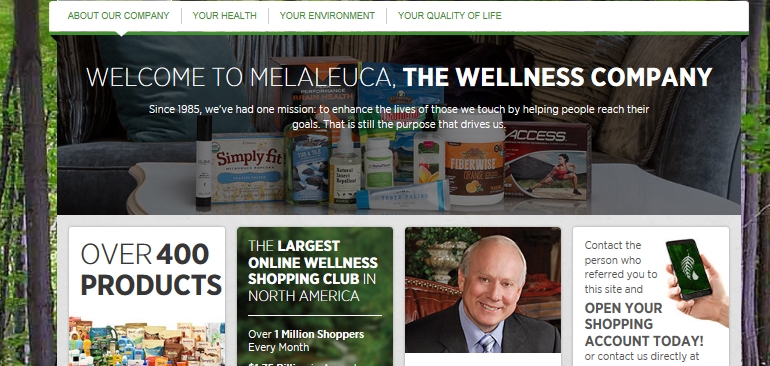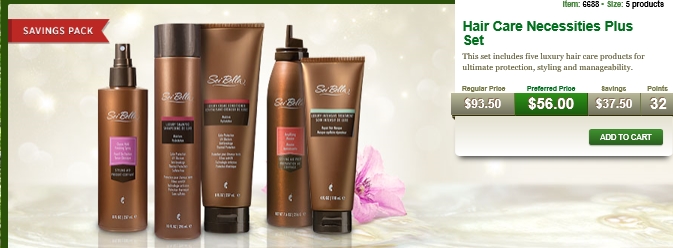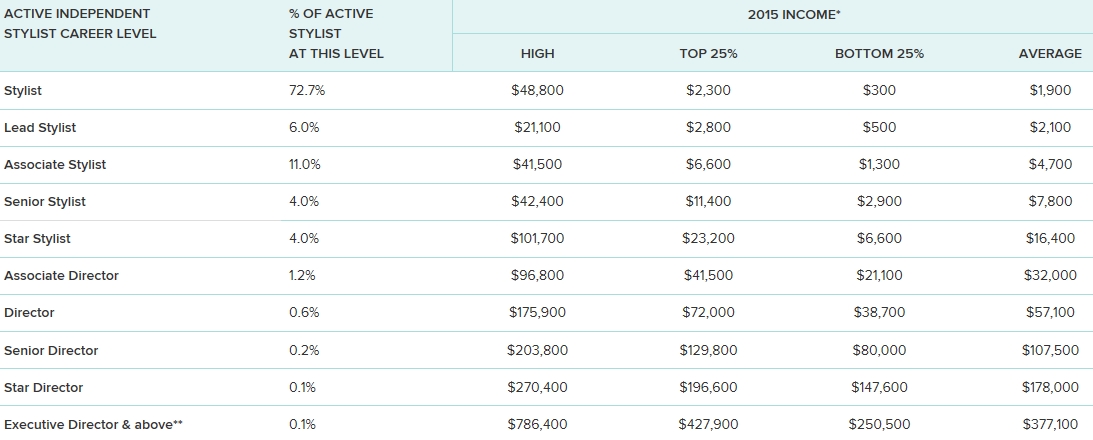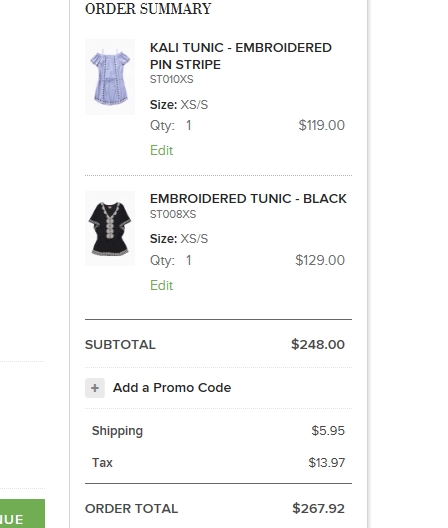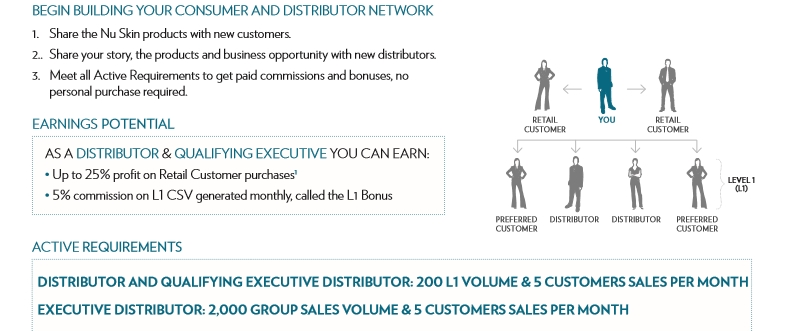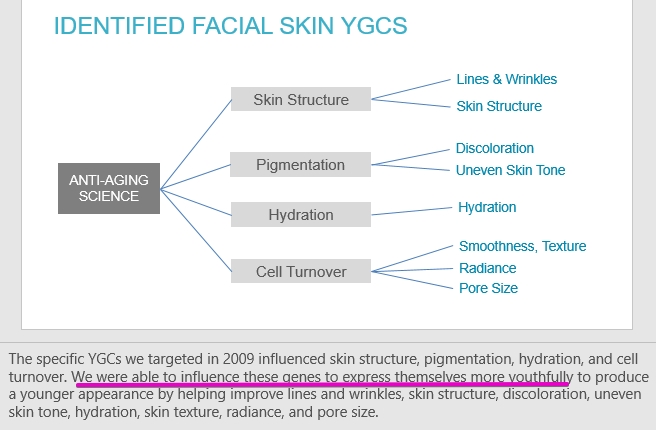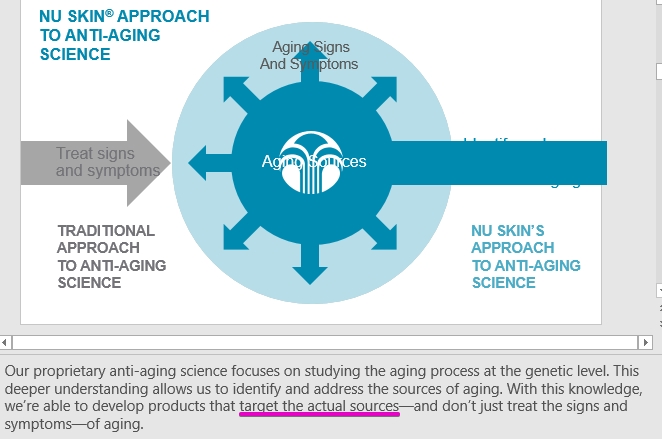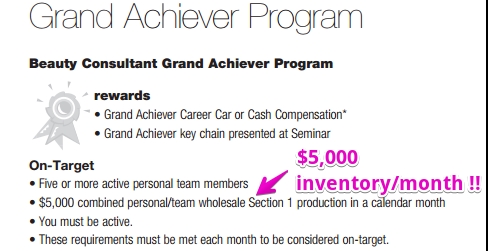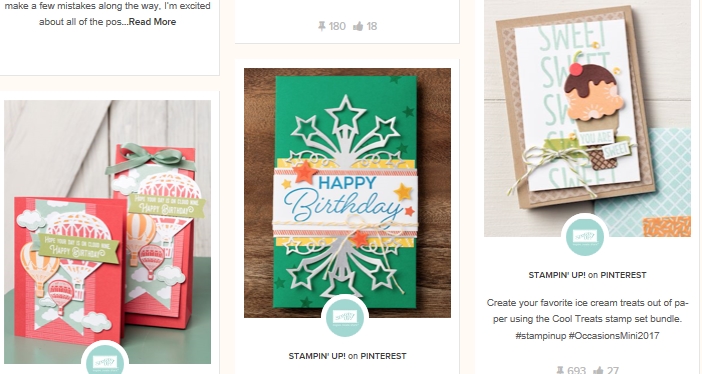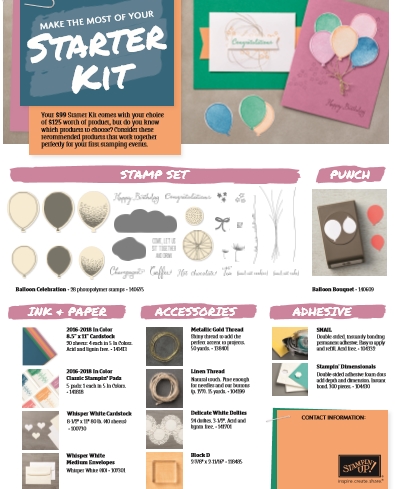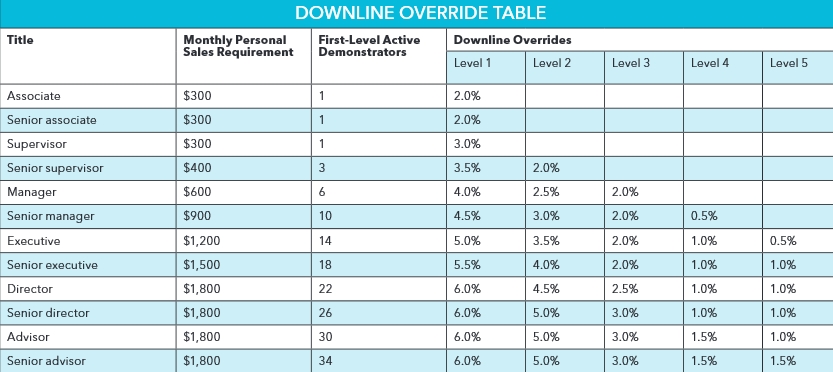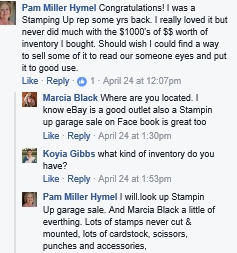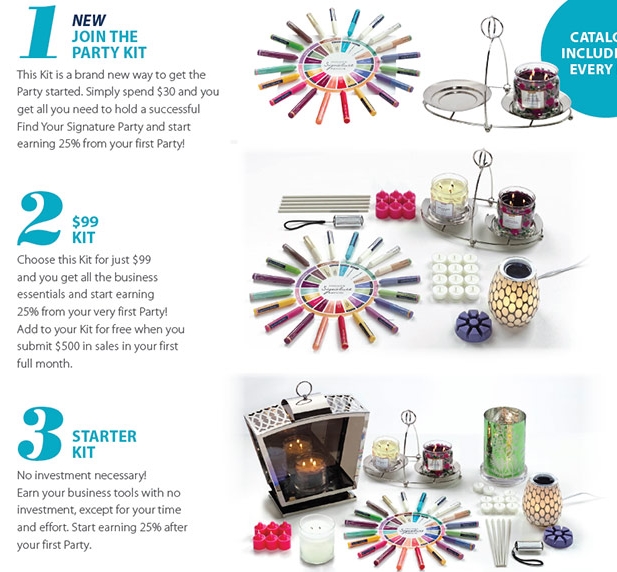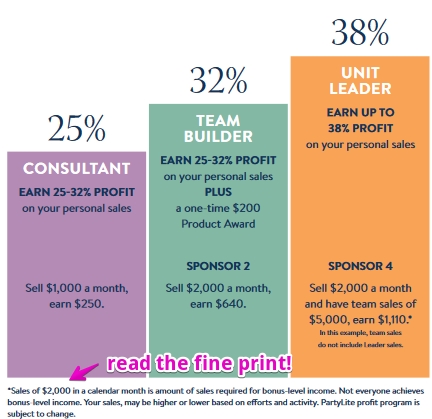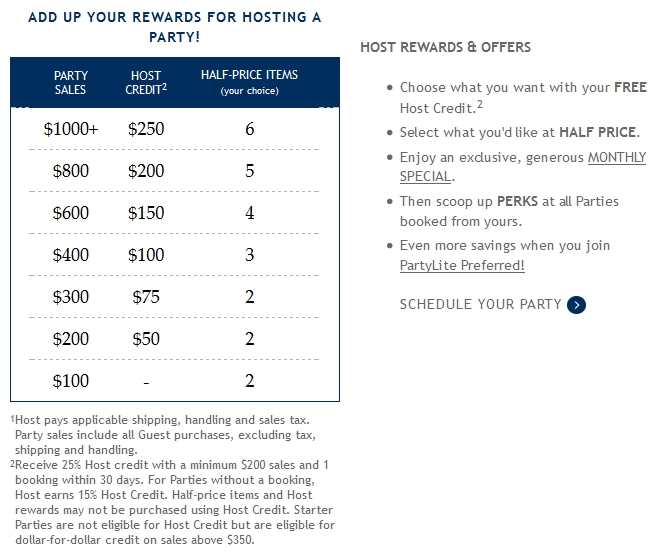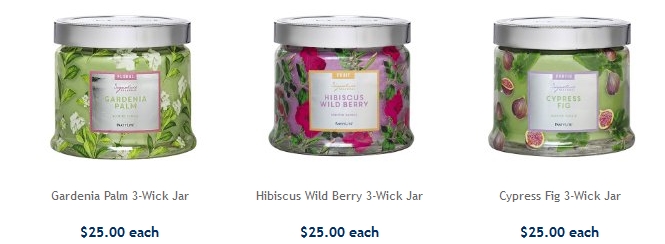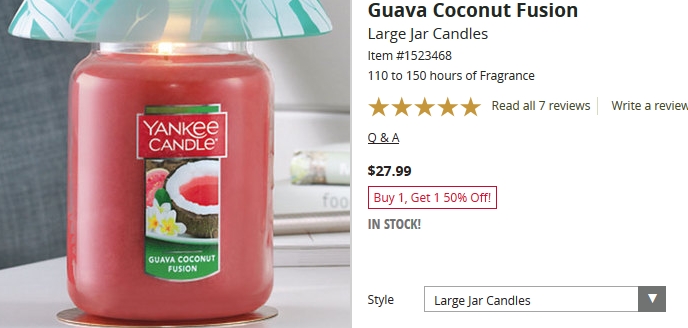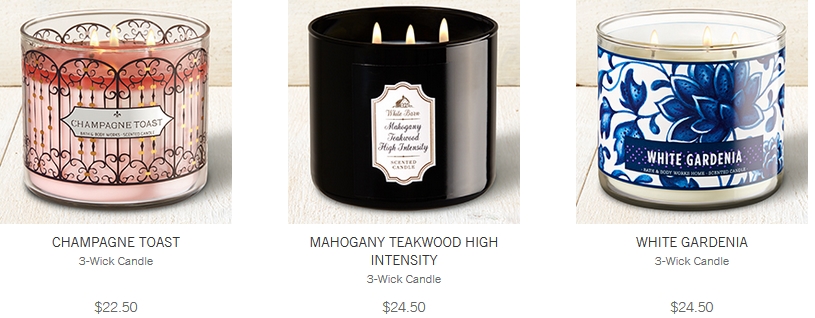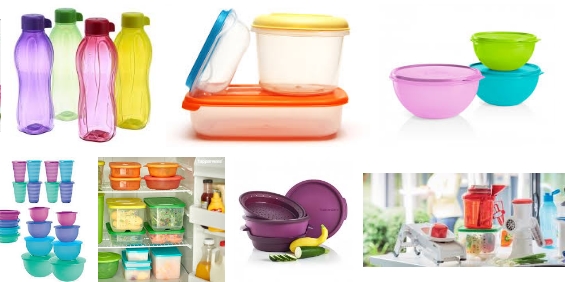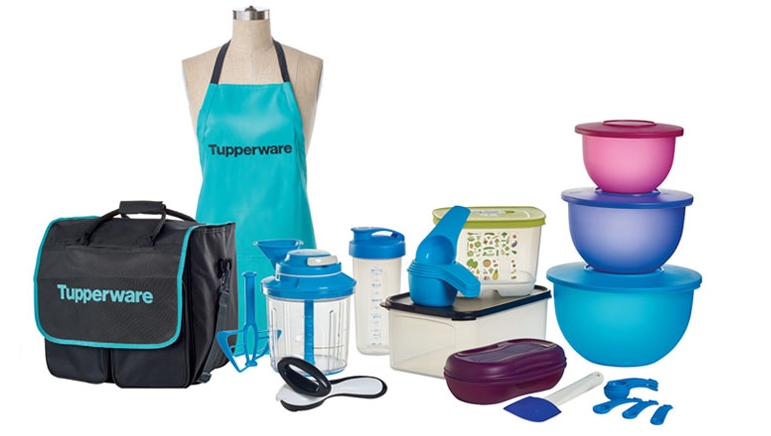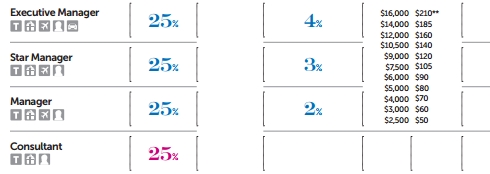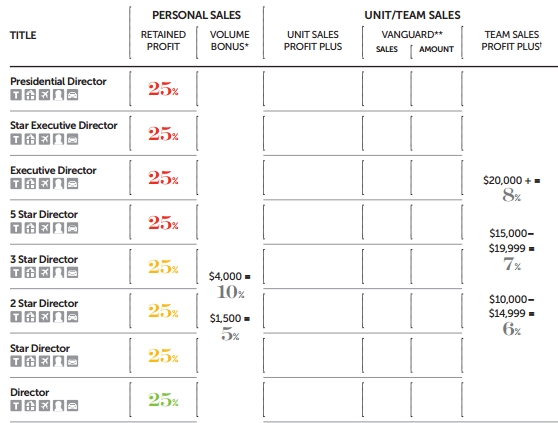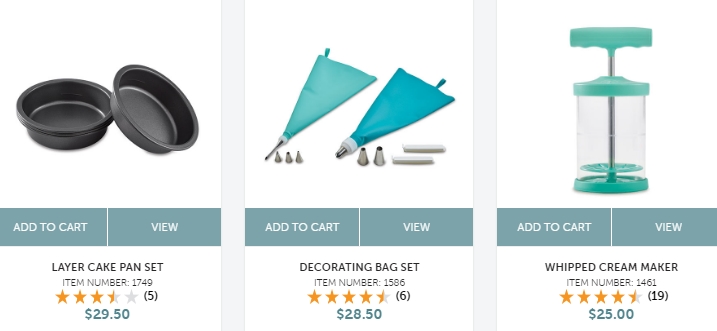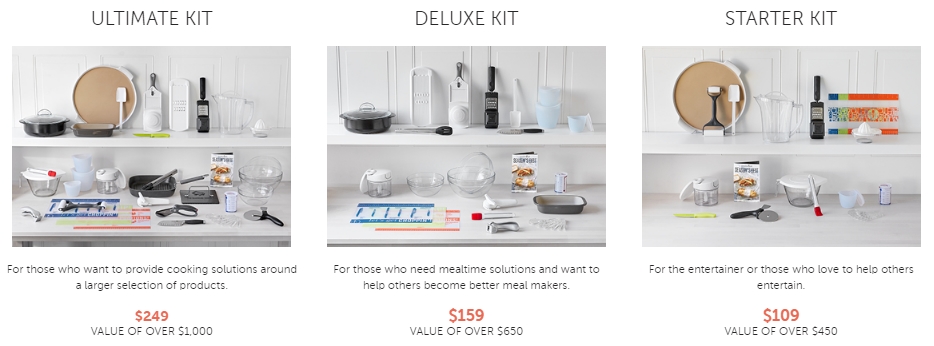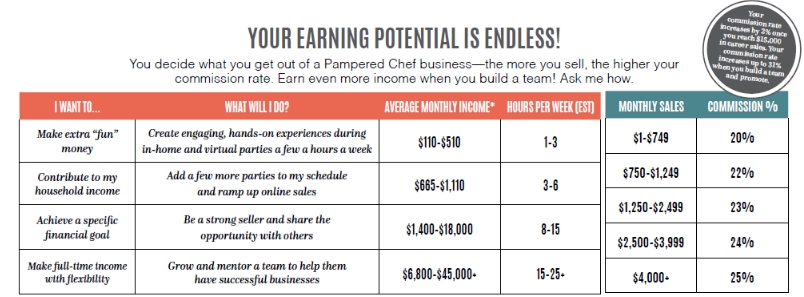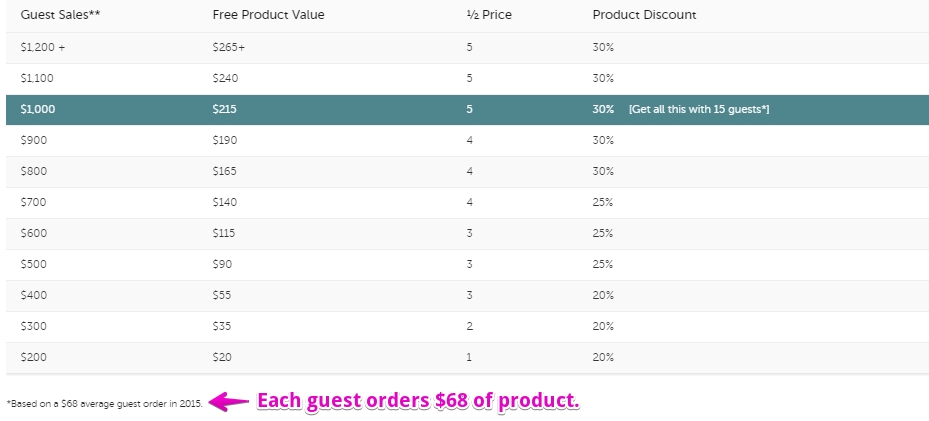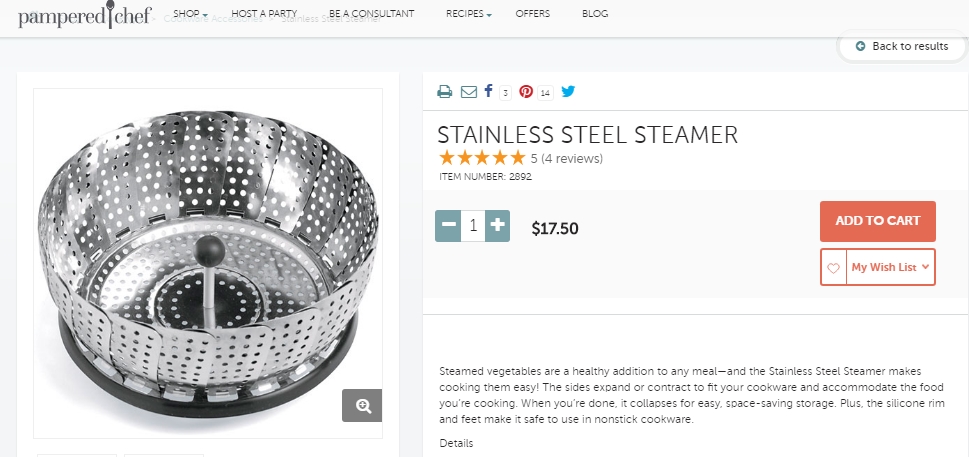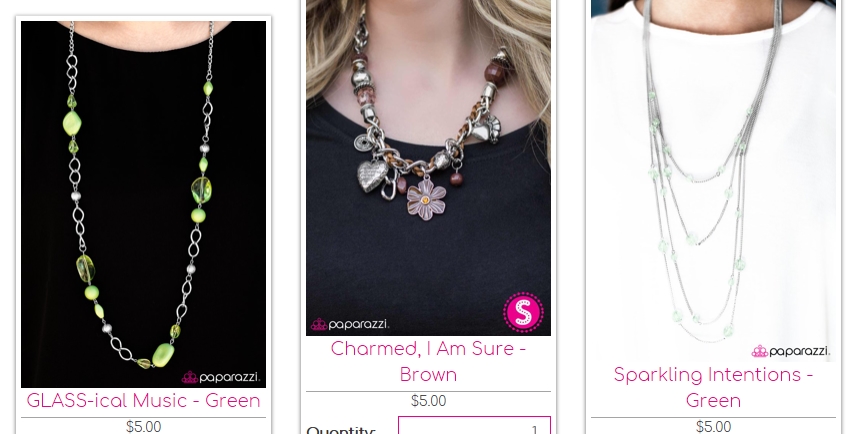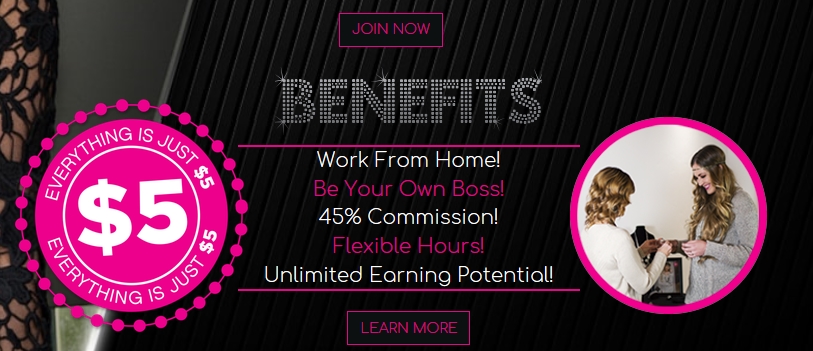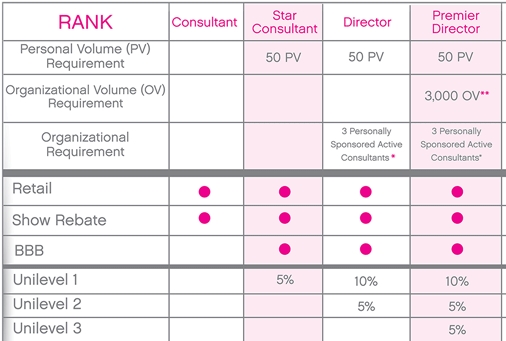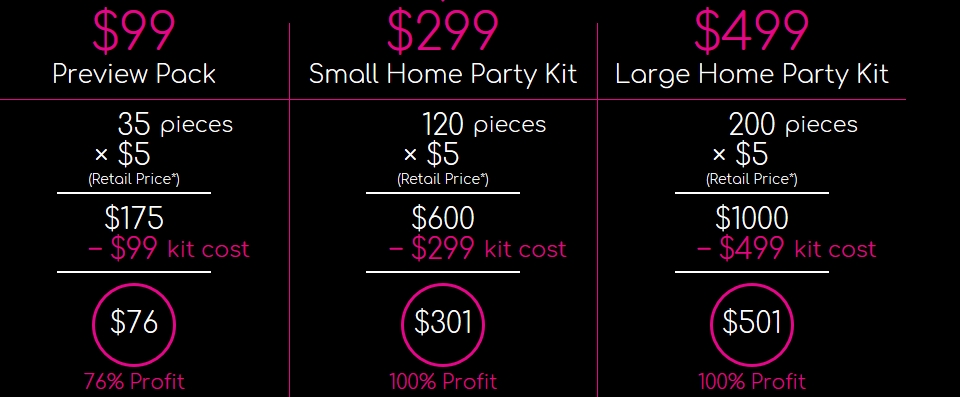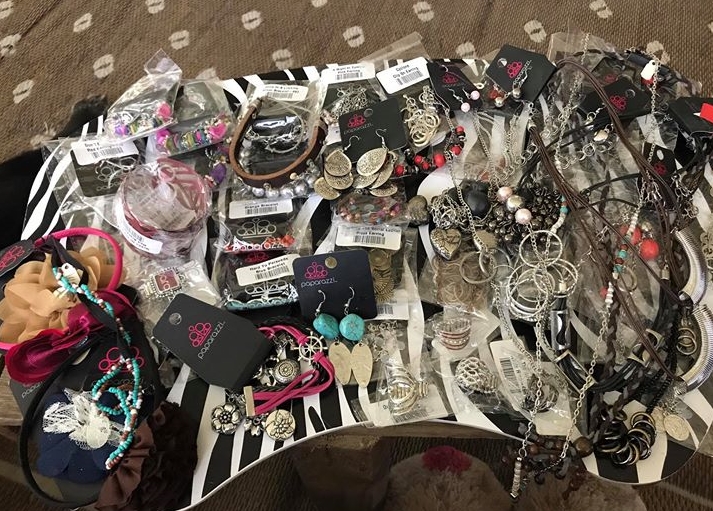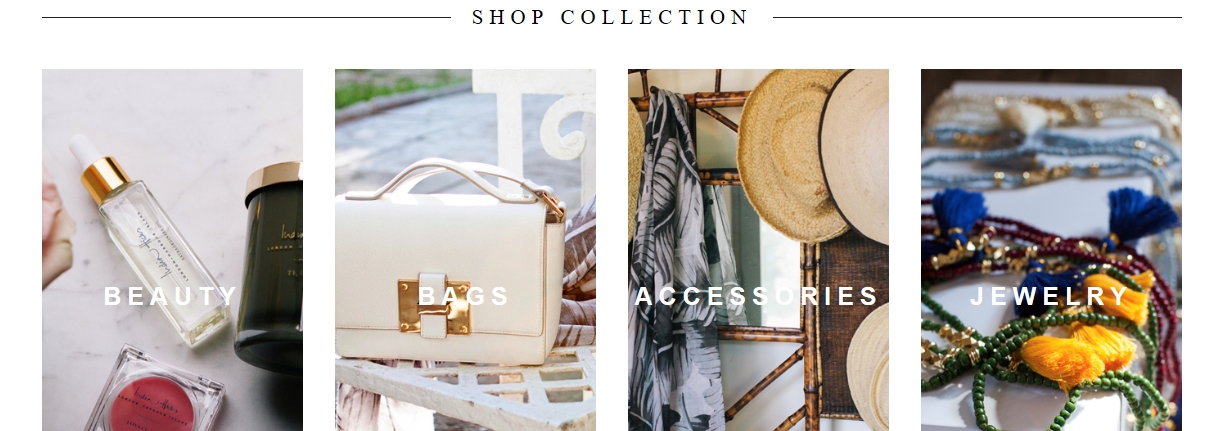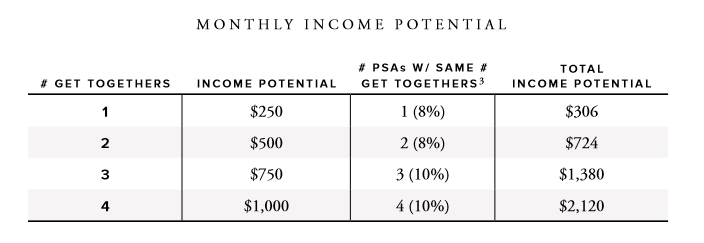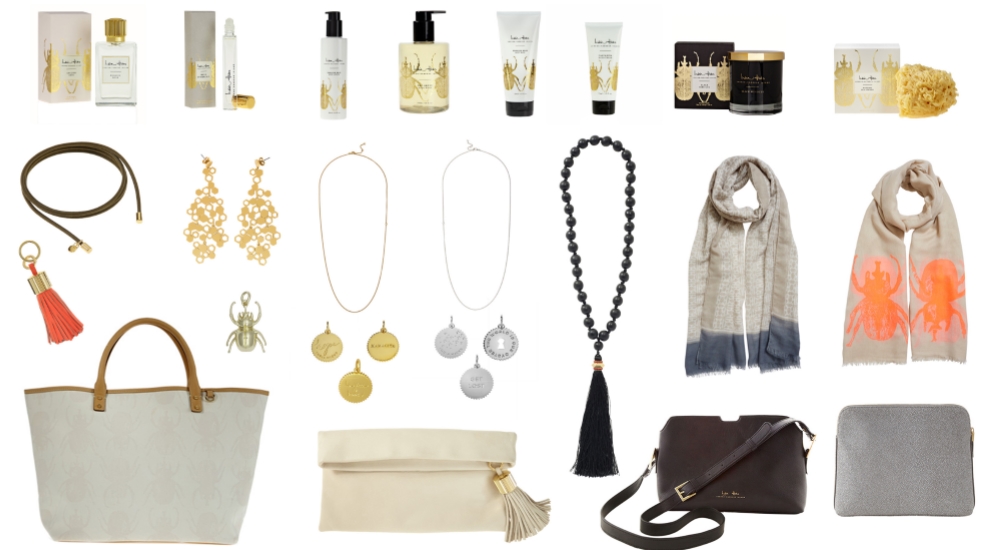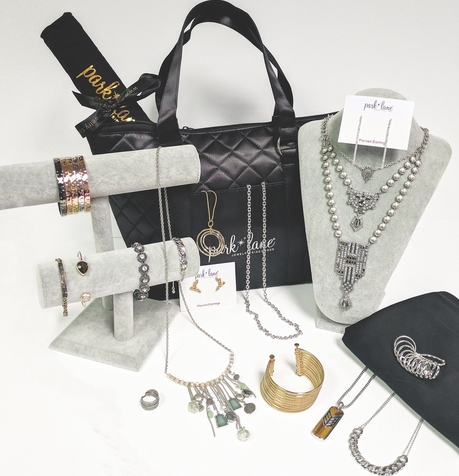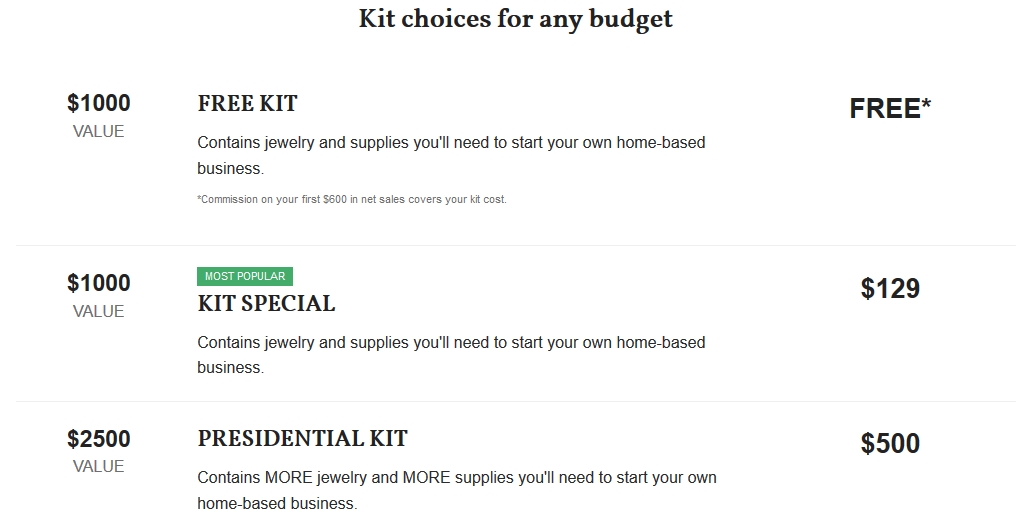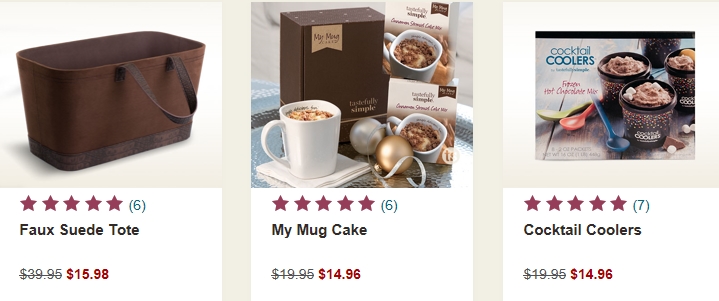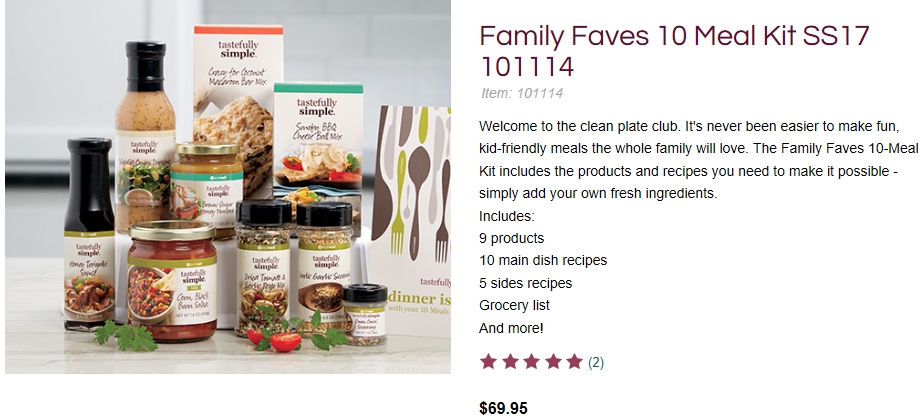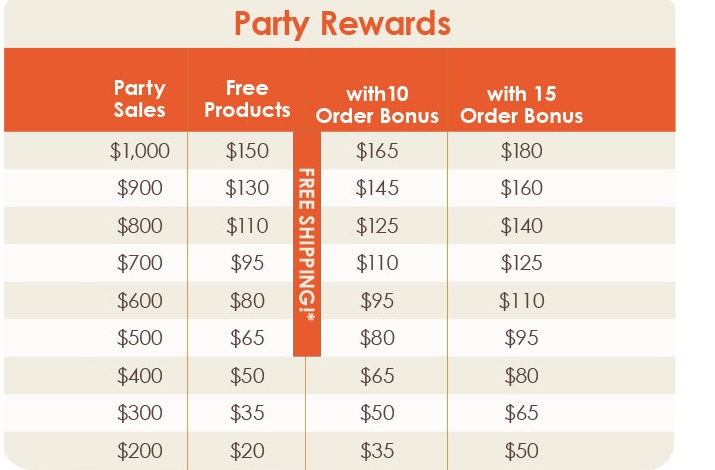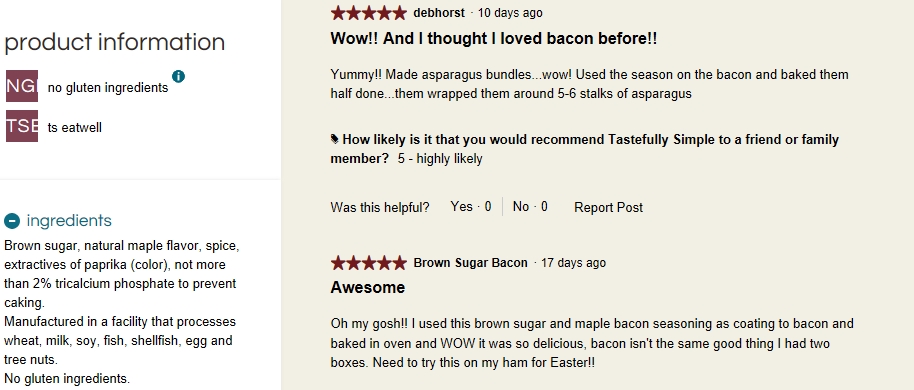If you’ve purchased vitamins, protein shakes or other wellness products online, then you may have heard of Melaleuca. This company, which was founded in 1985, offers many (400+) different health and wellness products, including the following:
- Vitamins, minerals and supplements
- Cosmetics
- Essential oils
- Household cleansers
- Energy drinks
- Bath and shower products
- Weight loss products
Melaleuca’s unique value proposition is that all their products are organic. So, even though the products do cost more, they are better for you and the environment. It also appears that the company attempts to work with local farmers and suppliers whenever possible.
When you reach the Melaleuca website, you can shop for products and even place them into your shopping cart. Prices are not advertised on the storefronts, nor are they displayed when your items are in your shopping cart. Once you attempt to checkout, the site forces you to create an online account, which involves providing your phone number and email.
Why would you need to provide your phone number in order to create a shopping account?
Because this information is eventually used by other Melaleuca members to contact you and encourage you to sign up with the company as a member.
I know this because I had to call the company in order to set up my account. On top of my phone number and email, I was asked for my full name, state of residence and zip code. I was then told that my account would be set up in 48-72 hours once a marketing executive had gotten in touch with me. Alternately, I could work with a current Melaleuca rep in my geographic area to create my account.
When I responded that I was only interested in purchasing some products from the Melaleuca website and seeing their prices, I was provided with the following guest access site address: melaleuca.com/usguest
What’s good about this guest site is that, while you still can’t purchase your products from it, you can at least see their actual prices. To complete your purchase, you are again forced to sign up as a member.
So, why is Melaleuca so interested in having you become a member?
Because the company operates as a multilevel marketing or MLM business. Except that, in the case Melaleuca, it is always called a “referral-based” business.
What is the Melaleuca referral-based business about?
Melaleuca operates as both a health and wellness product e-tailer and a referral-based business. Company members, who are non-employees, sign up with the company in order to purchase its products online and have them shipped to their homes/businesses. The price of signup is not openly advertised on the website, much like its product prices. However, the current cost of signup is $35.
In order to complete signup, the prospective member must work with a current member and sign up under him/her. As a result, that current member, who is now referred to as a Product Advocate, earns a commission every time his/her new downline member makes a product purchase. The standard commission is 7%, which adds up quickly if the Product Advocate recruits a few more members under him/her.
Whether you are a member or Product Advocate, however, you must accumulate a set number of product points each month in order to remain in active status and collect commissions. Currently, the point level is 50, which translates to about $80 of product. So, for every month you wish to remain with Melaleuca, you must place a product order of around $80.
Interestingly, Melaleuca never uses the word MLM to describe its recruitment emphasis. Instead, it always states that it is a “referral-based company.” However, if a business offers incentives to its contractors/members to recruit others into the business, and pays them a commission for doing so, then that is the essence of network and multi-level marketing.
As with any MLM or other business opportunity, there are pros and cons.
Pros:
Eco-friendly, organic products– Many of Melaleuca’s products are on par with what you would locate at stores like Whole Foods or Trader Joe’s. The company emphasizes that its products are better for the environment, and it employs fair trade practices with farmers and suppliers.
Cons:
Expensive products– It can be argued that organic and ecologically friendly products are going to cost more than mass produced items found at regular grocery stores and discount chains. However, that’s sometimes hard to justify when purchasing $10 toilet bowl cleaner or $8 glass cleaner.
Automated purchases– As a member or a Product Advocate, you are enrolled in a product auto-ship program. You can opt out of receiving certain products, but you must make a purchase each month or be deactivated.
Warm market emphasis– The company encourages its members and Product Advocates to reach out to their warm market (i.e., friends and family) as a method of recruitment. This is fine at first, but warm markets eventually dry up once everyone has either been sold to, recruited or attempted to be recruited. Steady sales and promotion in the MLM ranks is usually accomplished by those members to reach beyond their warm market. Unfortunately, Melaleuca provides very little training in this arena.
Low average earnings– Melaleuca discloses how much its Product Advocates earn as they recruit other members and move up the ranks. It’s not that much, as shown in this table:
The average yearly income for a Product Advocate 3, who has around 6 personal customers and 20 active customers, is only $550. That’s not a side income, or even enough money for a vacation.
Is Melaleuca a good business to enter?
While Melaleuca offers organic and good quality products to consumers, its commissions are too low to warrant this company being a good business opportunity. The Product Advocate would need to recruit dozens of personal customers and hundreds of active customers in order to make a decent part-time to full-time income. While this is possible, it also requires reaching out to a wider audience, not just one’s warm market.
A final drawback to this business is its emphasis on buying products each month for personal or demo use. This leads to Product Advocates having product stockpiles at their homes. Even months after quitting Melaleuca, many reps still reports having product backups and stockpiles in their closets and basements.
Overall, there are better and higher-paying business opportunities out there, and which don’t require monthly product purchases.
Have you worked with Melaleuca as a Product Advocate? Please leave a comment below about your experiences.

